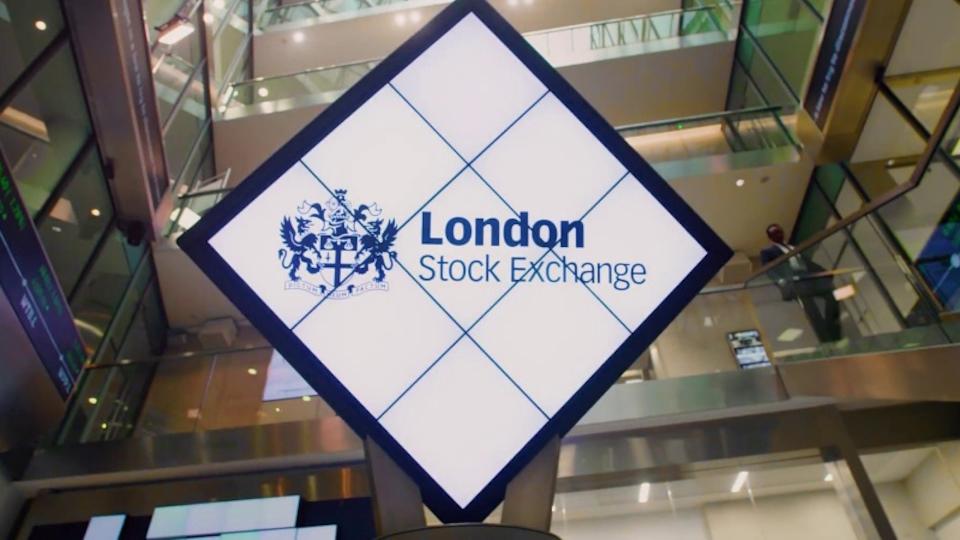UK’s Destiny Pharma hops on the AIM delisting train

Destiny Pharma has joined a growing list of UK biotechs seeking to delist from the Alternative Investments Market (AIM) and return to private ownership.
The Brighton-based company, which will put the delisting proposal to its shareholders at a meeting later this month, said it had decided that a “larger pool of capital may be available…as a private company.”
In the last few months, e-Therapeutics, Redx Pharma, and C4X Discovery have also said they would exit the London Stock Exchange’s junior market and become private companies, trading a short-term impact on liquidity for the promise of access to a wider range of investors.
e-Therapeutics has also suggested that may be the first stage before seeking a listing on the US Nasdaq, which has recently seen an upsurge in financing deals following a slow couple of years after the bonanza that occurred during the COVID-19 pandemic.
For Destiny, the impetus for the move is a need to raise money for phase 3 trials of its lead candidate XF-73 Nasal, a gel intended to prevent post-operative infections.
In April, the biotech launched a strategic review to find the best way forward for XF-73 Nasal, including a hunt for a licensing partner or additional fundraising activities. Company chairman Sir Nigel Rudd said this morning that efforts to find a licensing partner for the programme have been unsuccessful.
With an eye on its cash reserves – which had fallen to £6.4 million ($8.3 million) at the end of 2023 – Rudd said de-listing is the “only viable option” to access “the significant quanta of funding required to progress the drug through these phase 3 clinical trials and realise the creation of meaningful shareholder value.”
“Feedback from a broad number of potential other sources of equity capital suggests that a possible funding proposal could only be forthcoming if Destiny was a private company,” said the company in a letter to shareholders.
As part of its hunt for a partner, Destiny developed a new protocol for a phased 3 trial that it reckons will cut the cost of the programme in half to make it a more attractive proposition – something that could help reduce the funding it will need to take it forwards independently.
It now believes the trial would cost around £25 million to deliver “the same indication and commercial returns.”
Chief executive Chris Tovey reiterated the company’s view that there is a blockbuster opportunity for the drug in preventing surgical site infections, pointing out that between 70% and 90% are caused by Staphylococcus aureus pathogens that are often found in the nose, and international guidelines recommend nasal decolonisation as a prevention strategy.
“XF-73 Nasal has substantial market potential and represents an attractive commercial proposition that, if progressed through late-stage clinical development, could create considerable shareholder value,” he said.
Shareholders are scheduled to meet to discuss the proposal on 31st July.
The spate of delisting decisions follows a slump in new issues on the AIM during 2023 – hitting lows not seen in more than 20 years – as well as a downturn in secondary financings and low trading values. There are around a third fewer companies on the small-cap market now compared to 2015, according to a recent City AM analysis.











